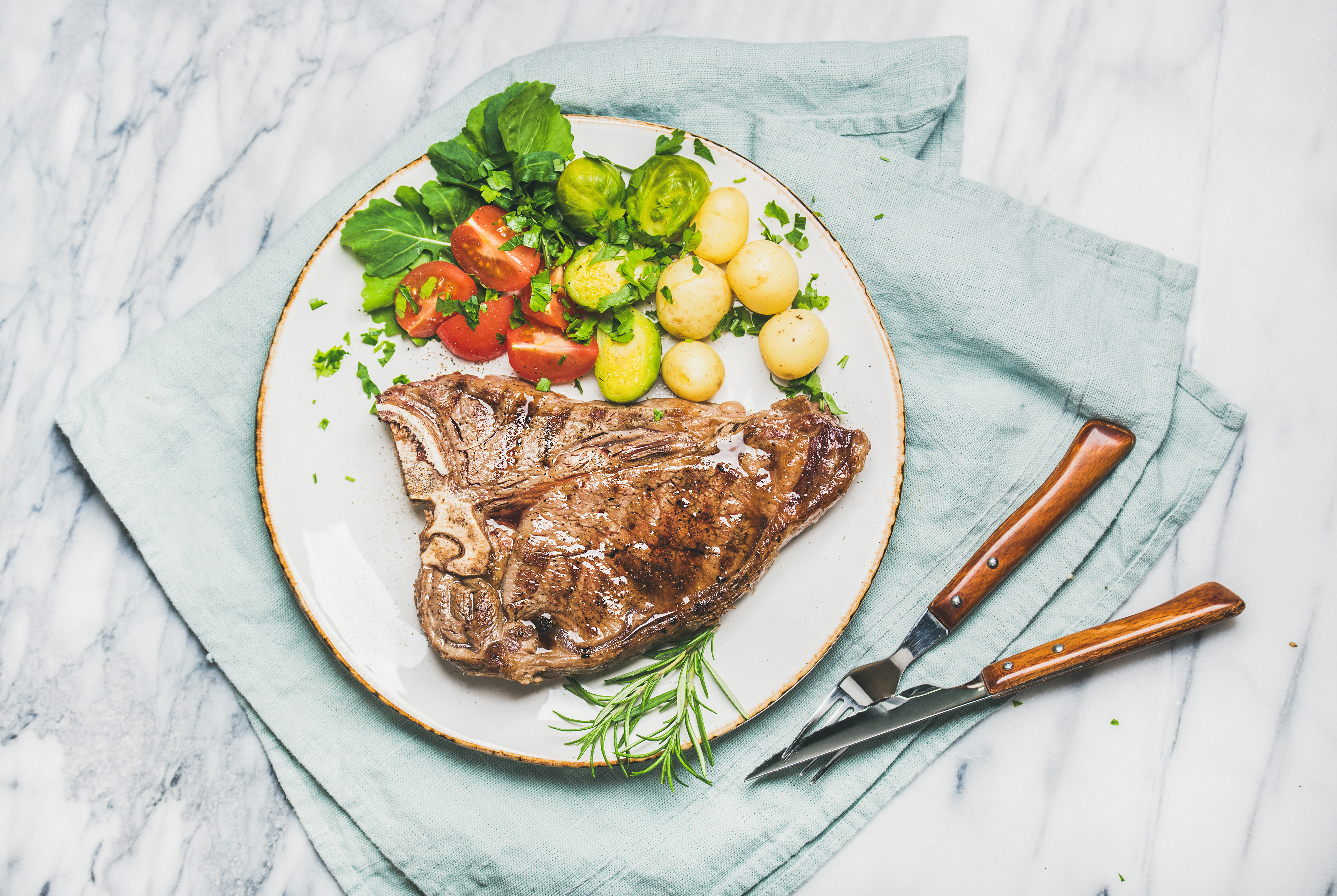Vegetarians and environmentalists have long eschewed meat. They believe that meat is an unhealthy food for both people and the planet alike. And while many meat alternatives are already available, they’re not really meat. They’re mostly made with soy and legume-based products. But now “clean meat”, or lab-grown meat, may soon be a viable option to satisfy people and maybe even save the environment.
In about 30 years, scientists predict the world population to reach 9.6 billion people. And according to the Food and Agricultural Organization of the United Nations, food production would need to see a 70 precent increase to feed so many people.
If meat production is ever going to meet these demands, scientists believe greenhouse gas emissions would have to rise by 77 percent.
And according to Bill Gates, “There’s no way to produce enough meat for 9 billion people. Yet we can’t ask everyone to become vegetarians. That’s why we need more options for production meat without depleting our resources.”
This explains why Bill Gates, along with Richard Branson, and food companies like Tyson Foods, are investing in lab-grown meat to provide enough meat for people.
But is it safe and healthy?
Clean meat begins with a biopsy from the animal. Then, scientists assist the development of these muscle cells with a mix of vitamins, minerals, sugars and amino acids.
According to Peter Verstrate, CEO of MosaMeat, a lab-grown meat company, the production of clean meat “is not magic; this is what they’re [ the cells] made to do.”
Another plus side is that clean meat is made safely and humanely. What’s more, it’s also free of the usual antibiotics, as well as the contamination risks, which usually accompany the meat available in today’s market.


